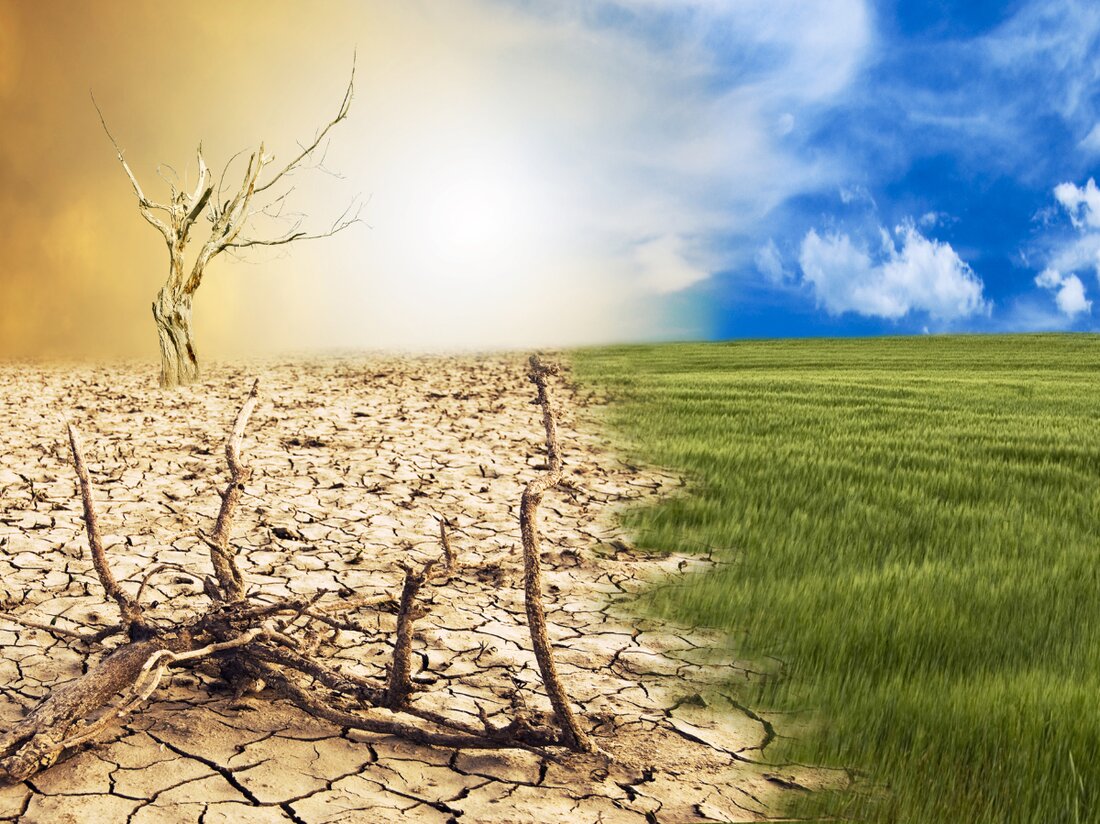Climate change in focus: COP30 starts in Brazil – A critical moment!
Global warming is reaching new records. COP30 in Brazil examines emissions and their global impact at 1.5°C.

Climate change in focus: COP30 starts in Brazil – A critical moment!
If you take a look at the current developments in the area of climate protection, it quickly becomes clear: time is of the essence! Deutschlandfunk reports that greenhouse gas emissions have reached a worrying record of 53.2 billion tons of CO2 equivalent in 2024. This shows once again that effective measures are urgently needed.
The upcoming COP30 global climate summit, which begins on November 10th in Belém, Brazil, has set the ambitious goal of reducing CO2 emissions in order to limit global warming to a maximum of 1.5 degrees Celsius. However, this will be a difficult task because, according to the UN Environment Program (UNEP), the Earth is already set for a warming level of 2.8 degrees Celsius by the end of the century. This is more than alarming!
Emissions at a glance
By 2024, average global warming was already plus 1.55 degrees Celsius compared to pre-industrial times. Statista points out that the largest emitters, namely China, the USA, India and the EU, are collectively responsible for over 50% of global greenhouse gas emissions. China alone produced the lion's share of emissions in 2024 with 15.5 billion tons of CO2 equivalents, followed by the USA and India.
For Germany the situation is somewhat more complex. Despite a reduction in emissions-related values of around 48% since 1990, Germany remains the largest emitter within the EU. In 2024, there were 649 million tons of CO2-EQ, which corresponds to 1.27% of global emissions. The German Climate Protection Act's target of 682 million tonnes was therefore slightly below the target, but the target for 2030 is 438 million tonnes.
Global inequalities in emissions
Another interesting point is the per capita emissions, which according to Energy and Management in 2021 there were around 4.7 tonnes of CO2 worldwide. The big difference can be seen in the respective regions: an American emits as much CO2-EQ in one year as a resident of the DR Congo in 30 years. While India is the lowest of the major emitters with per capita emissions of almost three tonnes of CO2-EQ per year, Palau comes out on top with almost 67 tonnes of CO2-EQ per year.
What is particularly frightening is that the richest 10% of the world's population causes almost 50% of global CO2 emissions. In Germany, the richest 1% of the population emitted 108.7 tons of CO2-EQ in 2019 alone — almost 16 times more than the poorer half. This inequality in emissions has increased sharply since 1980 and shows that it is not population growth but our way of life that is crucial.
The solution to the climate crisis cannot be decoupled from questions of economic power. The question here is how we can address these problems. A focus on reducing emissions and responsible management of resources is necessary to guarantee a future worth living.
So we are faced with the challenge of taking timely measures to protect our planet. Each and every one of us can make a difference. We must act together for future generations before it is too late!

 Suche
Suche
 Mein Konto
Mein Konto